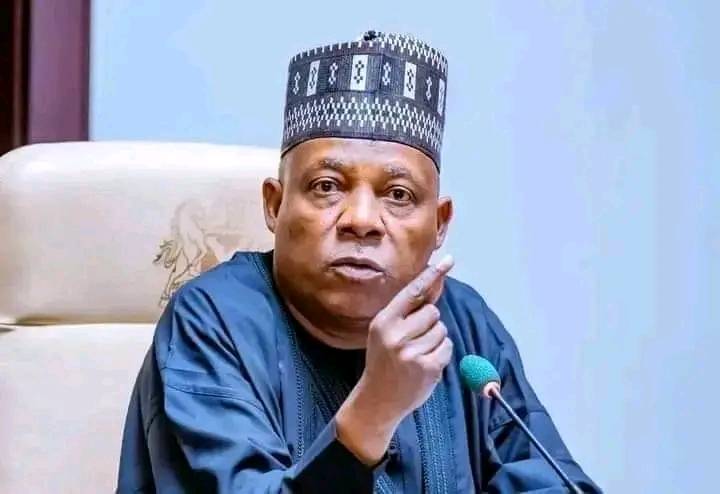Vice President Kashim Shettima unveiled Nigeria’s Anticipatory Action Framework, a groundbreaking strategy aimed at shifting the nation’s approach from reactive emergency relief to forward-thinking preparedness.
Speaking in Abuja during a validation workshop at the National Counter Terrorism Centre, Shettima described the framework as a lifeline for millions. “These disasters are no longer distant threats. They are here, sweeping through our streets, flooding our homes, and testing the depth of our preparation,” he said, referencing the over five million Nigerians impacted by floods in 2024 alone.
The new plan includes the creation of a special trigger group made up of agencies like NiMet, NiHSA, NEMA, NASRDA, and NOA, which will use advanced forecasting to predict weather threats up to two weeks in advance. Backed by partners such as UNOCHA, WFP, FAO, and the IFRC, the system is designed to empower local communities with early warnings, funding, and training before disasters strike.
“For decades, we’ve reacted too late—after the waters rise and lives are lost,” the Vice President stated. “We lose nearly 5% of our GDP annually to this outdated method. That’s why anticipatory action is not just smart policy; it’s moral necessity.”
The framework is built on three pillars: real-time early warning systems, pre-triggered financing, and localized disaster readiness. “Anticipatory action can reduce losses by 60%. That’s not just a number—that’s hope,” Shettima added, citing how trained volunteers in Benue State safely evacuated 80,000 people within 72 hours thanks to early alerts.
Stakeholders including the NSA, UN officials, and the Minister of Humanitarian Affairs praised the initiative as a model for West Africa. “This is not just Nigeria’s moment—it’s the region’s,” said UN Humanitarian Coordinator Mohamed Fall. The government reaffirmed its commitment to embedding the framework into institutions and securing real-time, data-driven disaster responses going forward.




